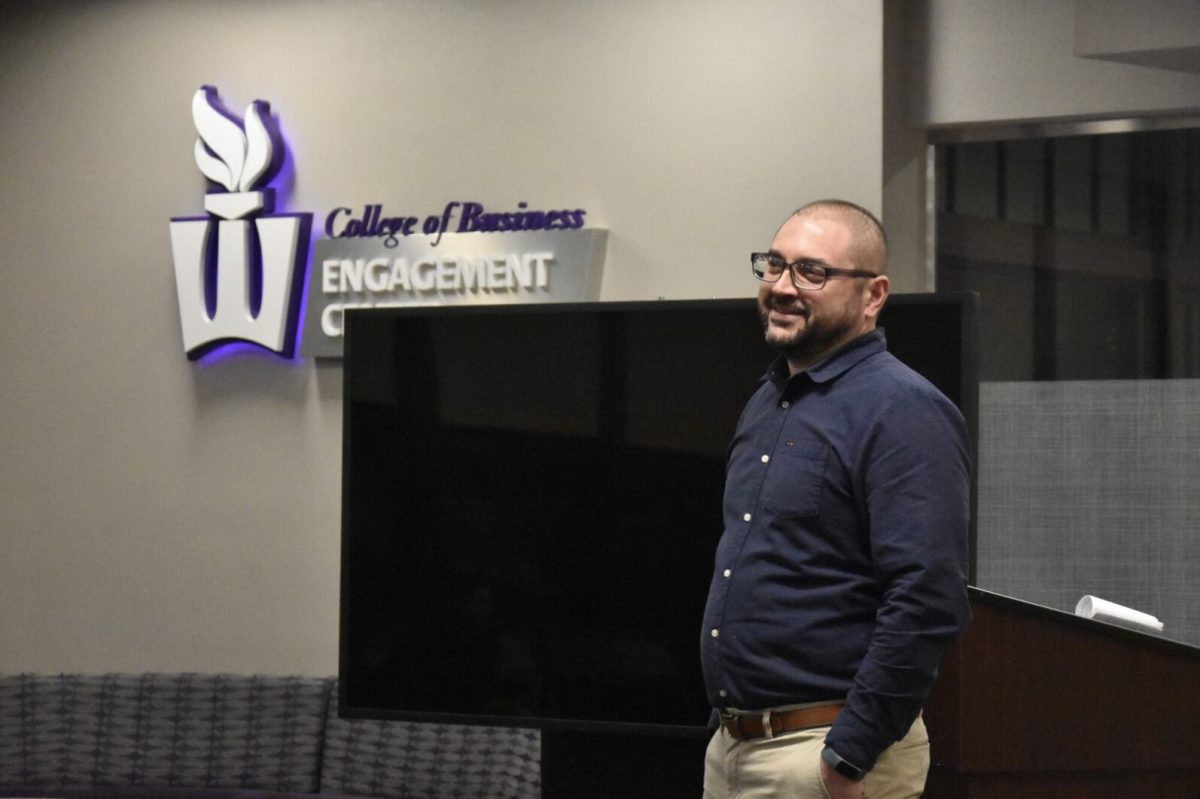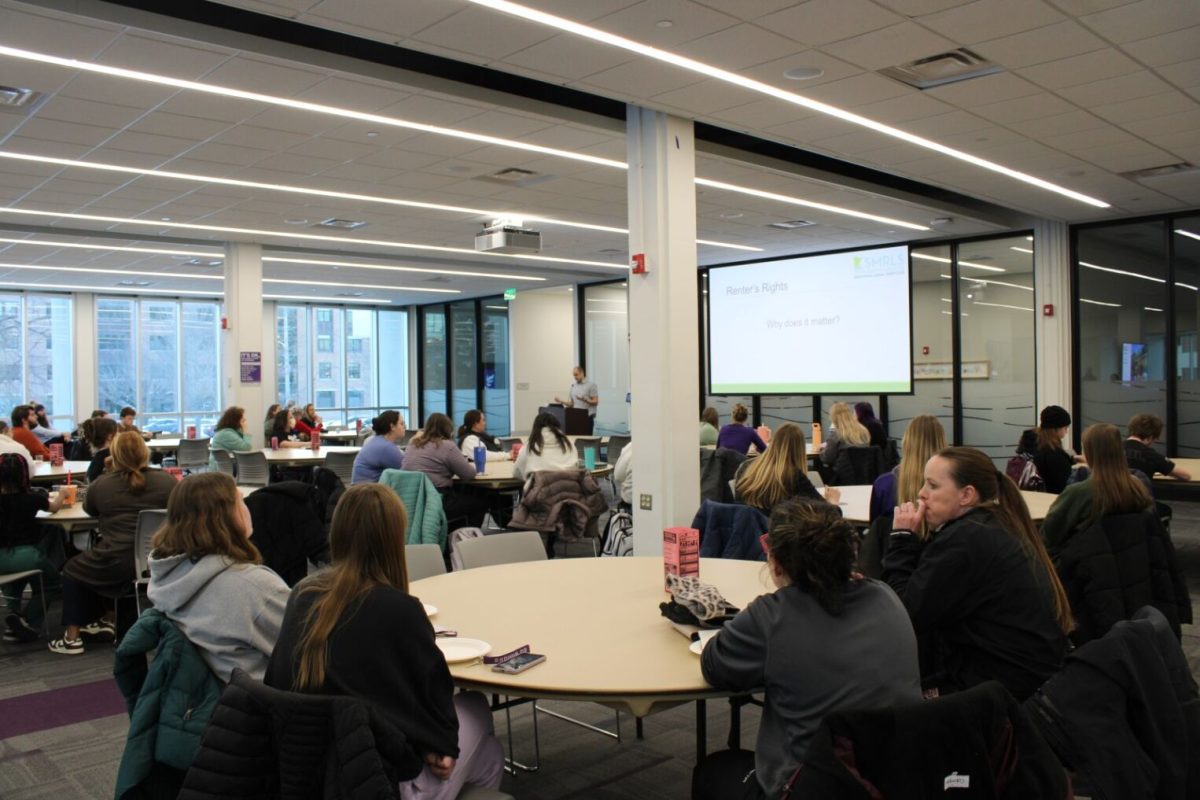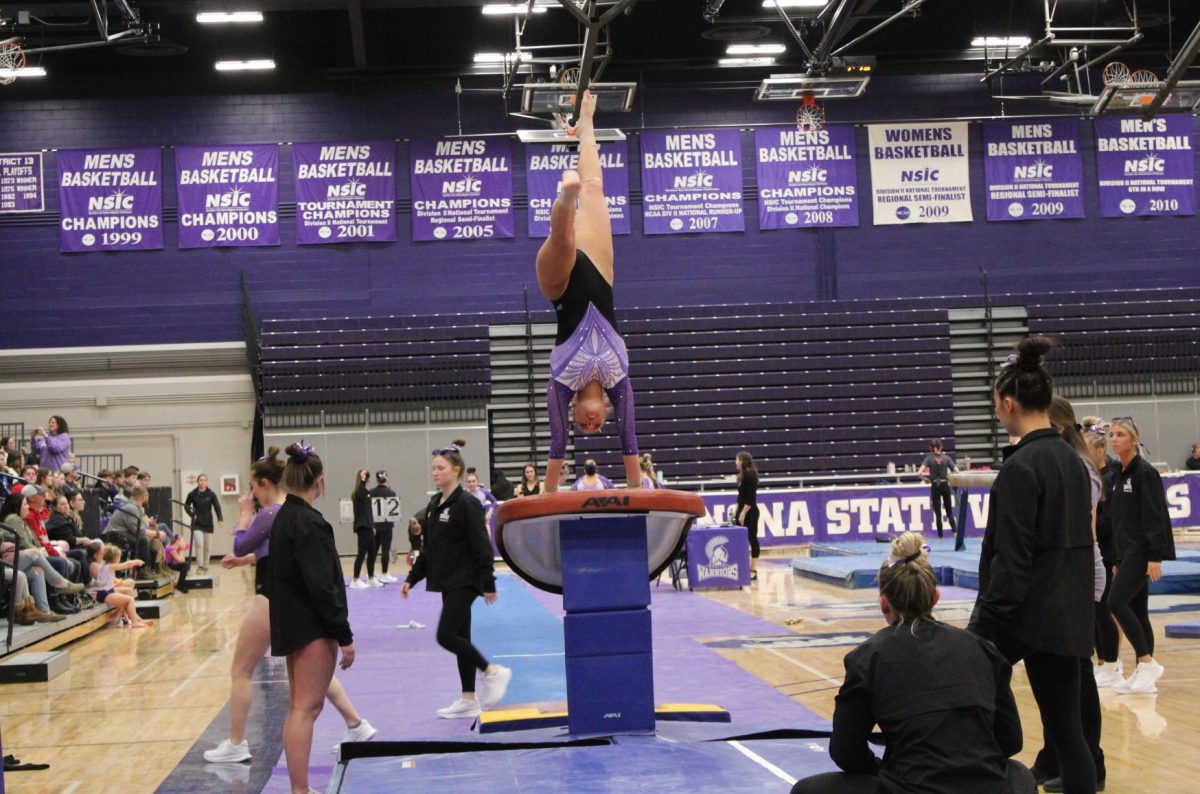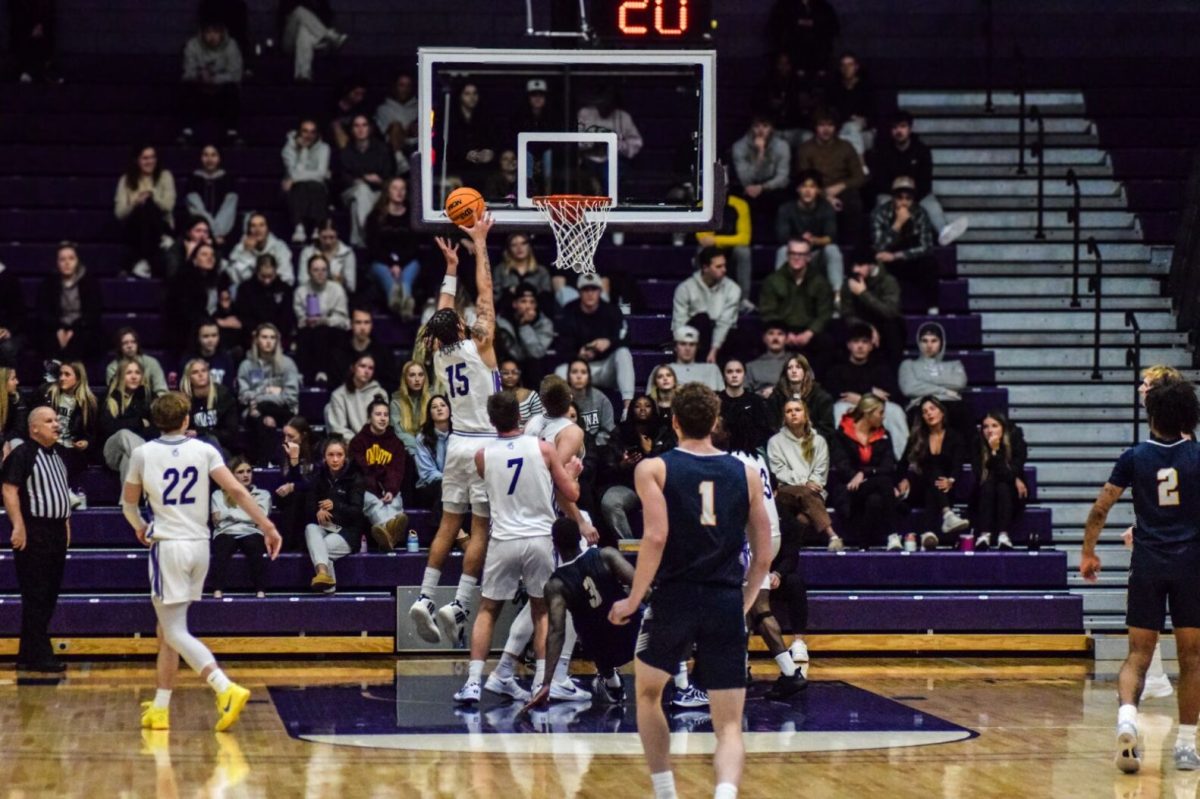Annual safety report shows increase in liquor law violations
February 3, 2021
Winona State University released its annual Security and Fire Safety report on Dec. 22, 2020, revealing an increase in liquor law violations.
The report is mandatory under the Clery Act, a federal piece of legislation that requires university crime statistics to be revealed to the public.
Crime statistics for Winona State’s campus are broken up into four columns: on campus property, public property, non-campus property and residence halls.
Non-campus property refers to locations Winona State may be in partnership with, which accounted for two cases on the report: one for robbery and one for motor vehicle theft.
Public property refers to the streets surrounding main campus.
Huff, Mark, Sanborn and Main street are classified as public property and accounted for zero cases in 2019.
Two cases of rape were reported in residence halls in 2019 and 2018, with 3 cases reported in 2017.
Five cases of stalking were reported on Winona State campus property in 2019, with one case occurring inside a residence hall.
Three cases of fondling were reported in 2019 on Winona State campus property and residence halls, one more than 2018 and three more than 2017.
257 cases of liquor law violations were reported in 2019, which was an increase of 23 cases from 2018’s 234 total.
A larger increase is evident, with a 100% spike in cases from 2017, which had 128 violations, when compared to 2019’s total.
Chris Cichosz is the director of security at Winona State and helped compile the information for the report.
Cichosz said statistics reflected on the university document account for all cases reported and are not necessarily vetted through law enforcement.
Regarding liquor law violations, Cichosz said, “originally [the university] just counted the sole person in charge of the violation but now we count everyone associated.”
Cichosz said the liquor law violation counting changes may have had an impact on the report.
Cichosz also said the report accounts for all cases on campus, or within its jurisdiction, and does not apply to off-campus properties.
To ensure Winona State is a safe campus for students, Cichosz said university security wants to “continue to keep a presence on campus, but we [security] aren’t the police and can’t make arrests. Due to legality, we have to respect privacy laws.”
Sarah Olcott is the associate director of housing at Winona State.
Olcott said crime reports are usually written by resident assistants but students can submit a case.
Olcott believes the crime report is accurate but admitted some crimes may be missed in residence halls.
Olcott also serves on the Sexual Violence Advisory Committee, representing housing.
Regarding sexual crimes disclosed in the report, specifically rape, Olcott said there is a high number of non-reporting at Winona State and “does not believe two [rapes reported] represents everything on campus.”
Olcott said in order to make students comfortable with reporting sexual crimes, those in power and leadership positions need to talk about the issue while reassuring students action will be taken on their behalf.
A digital version of the crime report can be accessed on the university’s website, while paper copies can be requested from Cichosz.














































